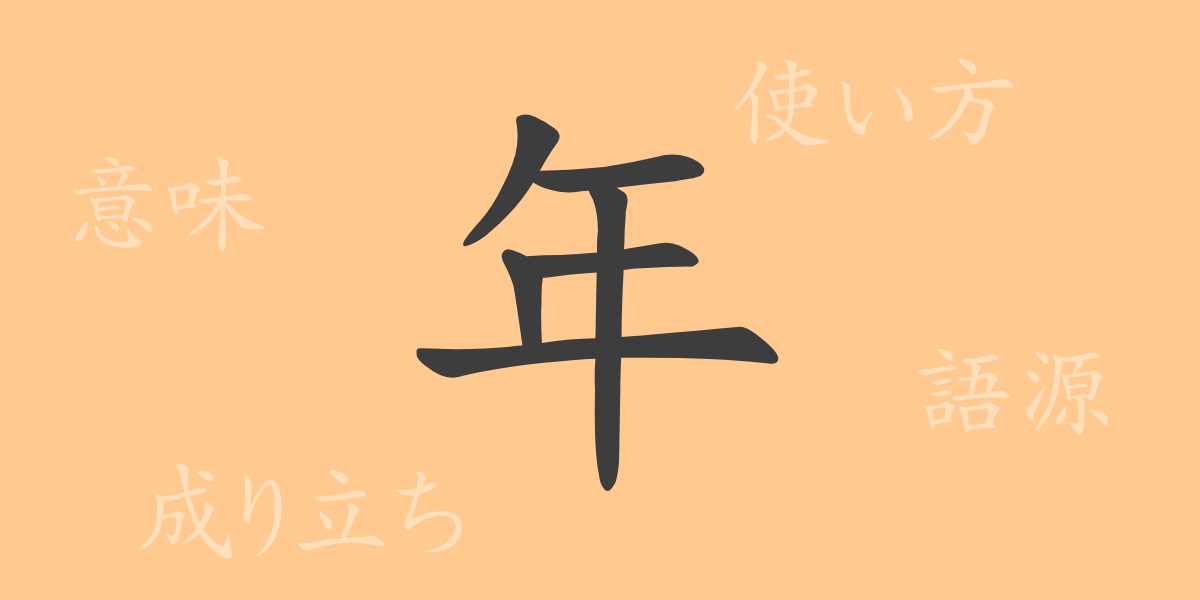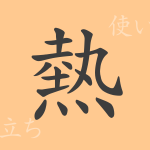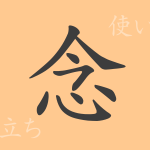Time’s passage is deeply embedded in Japanese culture and language, symbolized by the character ‘年 (ねん)’. More than just a unit of time, this character influences culture, history, and personal memories. This article delves into the origins, modern usage, and the myriad expressions and idioms associated with the Kanji ‘年’, exploring this vital character’s significance with an SEO-aware approach.
Origins of ‘年 (ねん)’
The Kanji ‘年’ originated from ancient China, initially symbolizing rice crops coming to fruition, depicted through pictographs. For the agrarian Chinese, the rice-growing cycle was crucial, naturally leading ‘年’ to signify this period. Over time, it evolved to represent not only the agricultural cycle but also concepts of age and annual recurrence.
Meaning and Usage of ‘年 (ねん)’
‘年’ fundamentally denotes a year, serving as a primary measure of time. It is also used to express age and annual sequences, as seen in terms like ‘this year’ (今年), ‘next year’ (来年), and ‘last year’ (去年), as well as in contexts like academic years (‘何年生’) and unspecified periods (‘数年’). Moreover, ‘年’ is indispensable in denoting annual events or yearly plans.
Reading, Stroke Count, and Radical of ‘年 (ねん)’
The Kanji ‘年’ has several readings and structural features in Japanese:
- Reading: On’yomi ‘ネン’, Kun’yomi ‘とし’
- Stroke Count: ‘年’ comprises 6 strokes.
- Radical: The radical ‘干’ incorporates ‘丿’ (ひと) at the top and ‘千’ (とし) at the bottom, symbolizing the human and time aspects, respectively.
Expressions and Idioms Involving ‘年 (ねん)’
Japanese language is rich with idioms and proverbs including ‘年’. Examples include ‘年中無休’ (open all year round), ‘年功序列’ (seniority by age or service), and the proverb ‘歳月人を待たず’ (time waits for no one), each reflecting various societal aspects related to time and age.
Conclusion on ‘年 (ねん)’
The Kanji ‘年’ extends beyond merely marking time, intertwining deeply with Japanese life and culture. Understanding its origins and the evolution of its meanings enriches our appreciation of Japanese linguistic richness and the cultural emphasis on time. Learning about ‘年’ is a crucial step in deeply understanding Japanese language and the cultural context that shapes it.

























